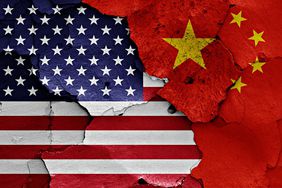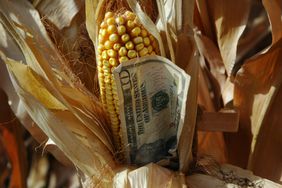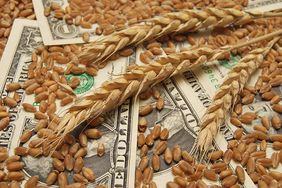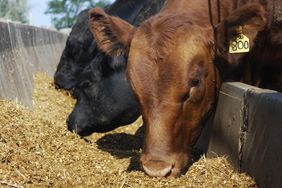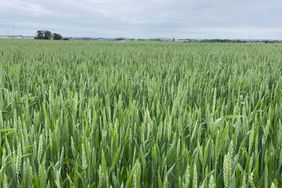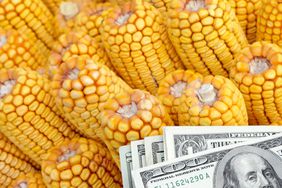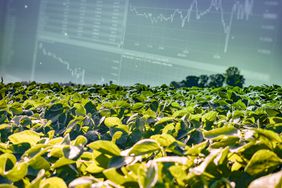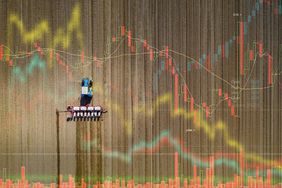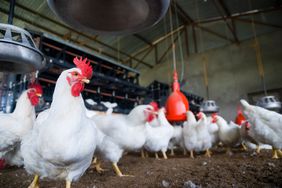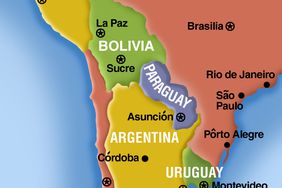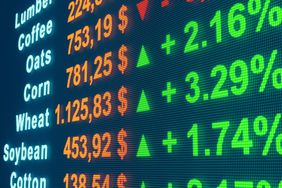By Mei Mei Chu
BEIJING, July 24 (Reuters) - China plans to implement measures to help dairy and beef producers limit production to prevent prices from falling further, an agriculture official said on Wednesday, adding to existing rules on pork producers as meat consumption declines.
The prices of pork, beef, dairy and poultry are falling in the world’s largest meat consumer as shoppers, grappling with a slowing economy, scale back on purchases.
This downturn in demand follows an increase in production by the livestock industry, especially pig farmers.
“The prices of beef and raw milk in the first half of the year fell by 12.1% and 12.5%, respectively, and beef cattle and dairy cow breeders are making losses,” Wang Lejun, the agriculture ministry's Chief Animal Husbandry Officer told reporters on Wednesday.
“For beef and dairy cows, we want to guide farms to optimize and adjust the herd structure, moderately eliminate old and low-yielding cows, and better match production development with market demand,” he said.
Wang said the livestock market was well supplied, leading to low prices.
In the first half of the year, overall production of pork, beef, mutton and poultry increased by 0.6% year-on-year, egg production rose by 2.7% and milk production increased by 3.4%, he added.
Beijing in March issued regulations to reduce the breeding sow population after an aggressive expansion by farms in the past two years triggered an oversupply of pork that led to companies booking heavy losses.
In June, it released regulations to control beef cattle production.
While the reduction in the size of the pig herd has helped prices to recover, beef and dairy prices are expected to remain low in the second half of the year, Wang said.
The number of sows in June stood at 40.38 million head, with hog herds decreasing by 6.4% year-on-year, he added.
China's meat imports in the first half of 2024 has plunged 13.4% from a year ago, with pork and poultry imports taking the biggest hit.
(Reporting by Mei Mei Chu; Editing by Clarence Fernandez and Miral Fahmy)
